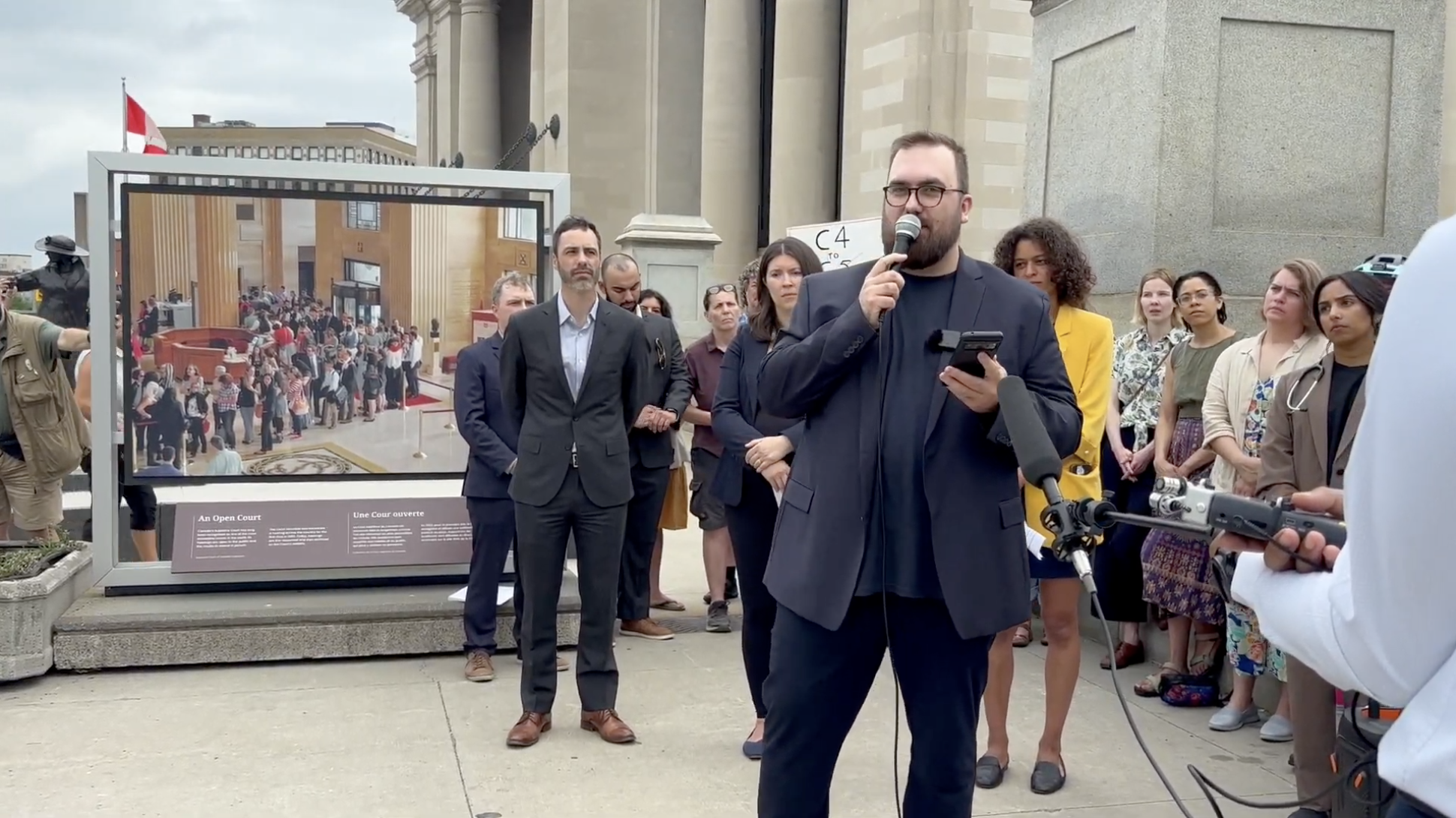January, 2024. By now, the average person has made a brief (or lengthy) list of goals they’d like to achieve for themselves this year. This is no uncommon phenomenon, and the research on resolutions is extensive:
- “the fresh-start effect” refers to when people want to change something in their lives; they often start at a temporal milestone, such as the beginning of a new semester
- Over two-thirds (68%) of Canadians claim to have set financial goals for themselves this year
- Four in ten (42%) say that their number-one resolution relates to health and wellness
Sound familiar?
Unfortunately, toxic diet and fitness culture have a chokehold on us around this time of year. I’m sure we’ve all seen the well-timed advertisements, assuring us that an Apple watch, or new running shoes will be the breakthrough we need to finally reach our lifestyle goals.
Other areas, such as personal finance, are also easy targets in January. I can’t help but wince at the irony of urges to “fix your credit score with these easy apps,” or “save over $10,000 this year (assuming you have that much disposable income after living expenses),” blah blah.
These personal goals are attractive for a reason. While our own visions of success may vary, financial security, physical and mental well-being, and other individually benchmarked goals are also indicators of success in our society.
Notice anything strange? I, for one, find it all extremely suspicious. Almost as if this hyper-focus on the individual is somehow linked to the capitalist machine: The cycle of buying things we don’t need to “fix” ourselves when all we really need is to do less; The accusatory plight of financial planning, as if to suggest it’s normal for a head of lettuce to cost upwards of $9.00.
Surely, we must all work harder, right?
The truth is, the gleaming glamour of the grind can only burn bright for so long. We live in a system where living costs are designed to inflate until they burst, planning to take us with it. And though this image is harrowing, what they don’t tell us is that we can, indeed, say “no.” Nothing is wrong with wanting the best for ourselves, but I wonder how these goals might sound different if we were allowed to imagine otherwise. Like any effective social movement (and unlike the ideal capitalist model), we cannot do it alone. We have to build and mobilize community.
What could life look like if we slowed down – lived from a place of collectivity rather than individualism? What if our resolutions for a new year sounded like “fostering a deeper connection with nature,” “finding ways to update my education on social justice,” “or developing systems to hold my community accountable to our collective needs.”
The best part about these kinds of resolutions is that it doesn’t matter whether they fit neatly onto your carefully crafted vision board collage or even if you recite them promptly at the stroke of midnight on January 1st. These are lifelong commitments. They are more than intentions; they are practices. They require more than your individual attention but rely on our sustained, collective engagement.
As Global temperatures rise and biodiversity wanes, there is no better time to think critically about what holds our attention. Today’s challenges force us inwards, and clinging to our individual desires may seem like the safest route. But this scarcity mindset is a product of capitalism, and it cannot protect us. By design, it keeps us from our boundless potential: building communities of care.
So the question is: How can we situate ourselves within our communities and recognize that we cannot heal or address our needs in isolation?
The challenge is: think expansively, not restrictively.
Just think, for every personal fitness or finance goal set, a local food bank is working to combat food insecurity in your community. So, setting community service goals contributes to our collective health. Dreaming of becoming a first-time home buyer this year? Why not couple that goal with a commitment to learning whose land you live on? Dismantling colonial systems (and that includes capitalism) requires truth before reconciliation. And finally, if you’ve resolved to improve your eco-friendly practices, every sauce jar adorning your kitchen cupboards could represent an email sent to a government representative or policy maker (currently sitting comfortably in their office just waiting for your call or email expressing the changes you’d like to see in our current systems).
The point is: let’s refuse to let our individual goals keep us from what truly matters. Let’s celebrate another year around the sun by keeping each other safe, accountable, and happy. Community care is self-care too. And if that sounds radical to you, now is the time to ask yourself why.
Resources to reimagine your resolutions:



